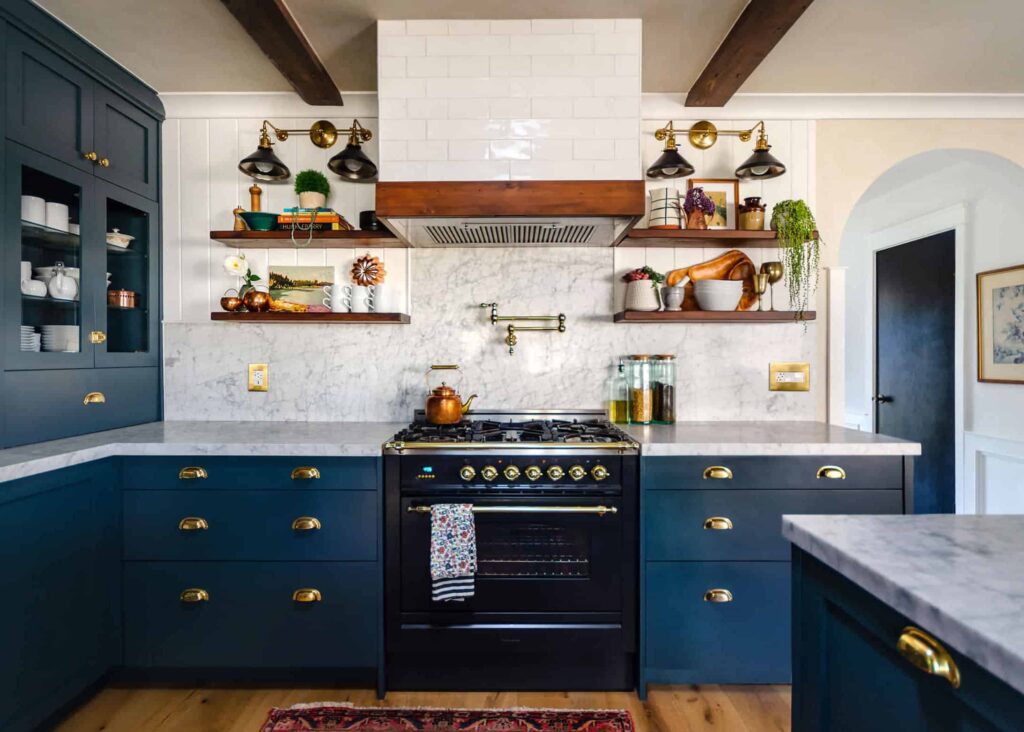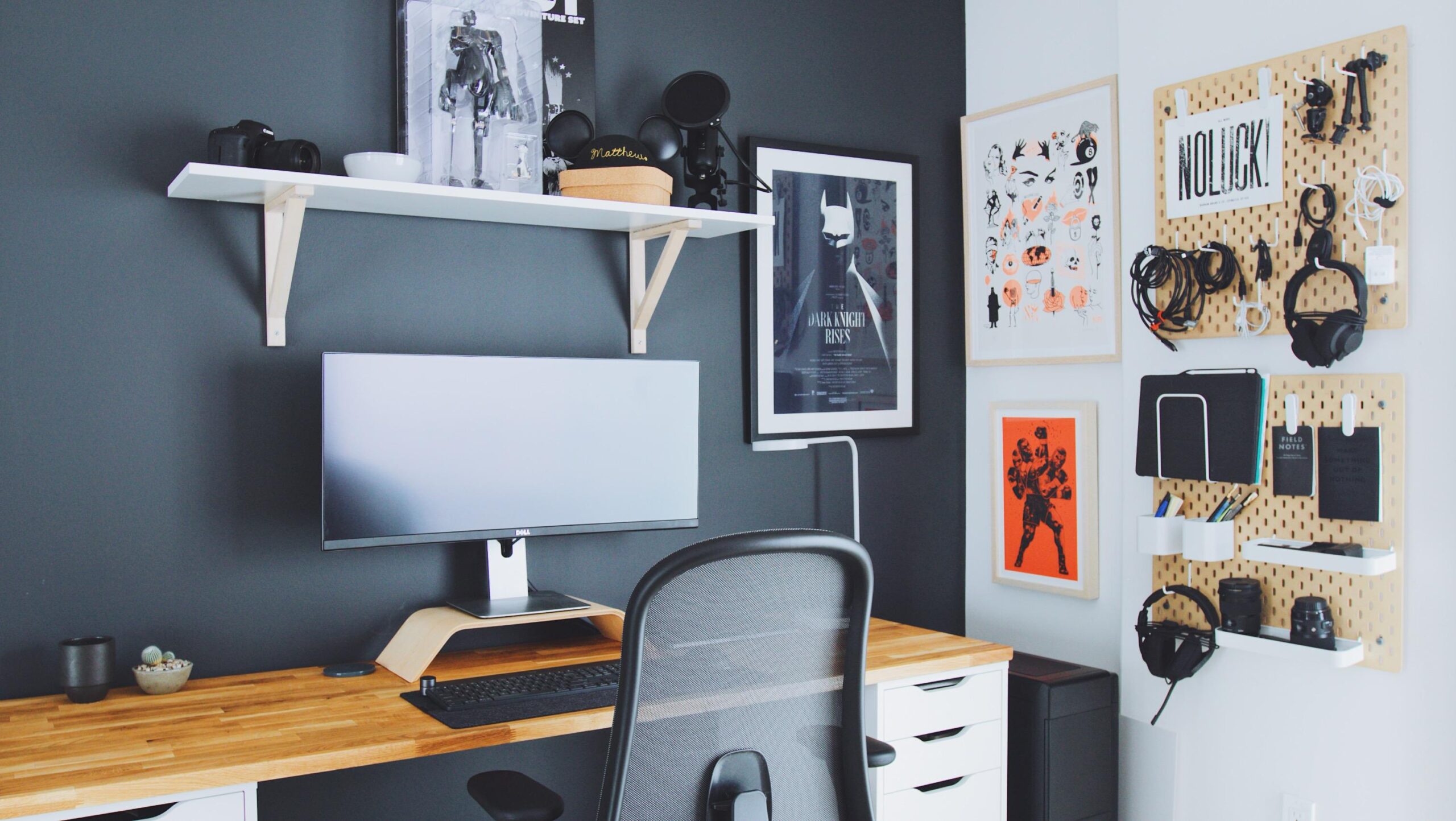Unlock Your Inner Designer: A Comprehensive Guide to DIY Home Design
Transforming your house into a home reflects your personality and style. While hiring a professional interior designer can be expensive, the rewarding world of DIY home design offers a creative outlet and significant cost savings. This comprehensive guide will equip you with the knowledge and inspiration to tackle your home design projects with confidence, regardless of your experience level.
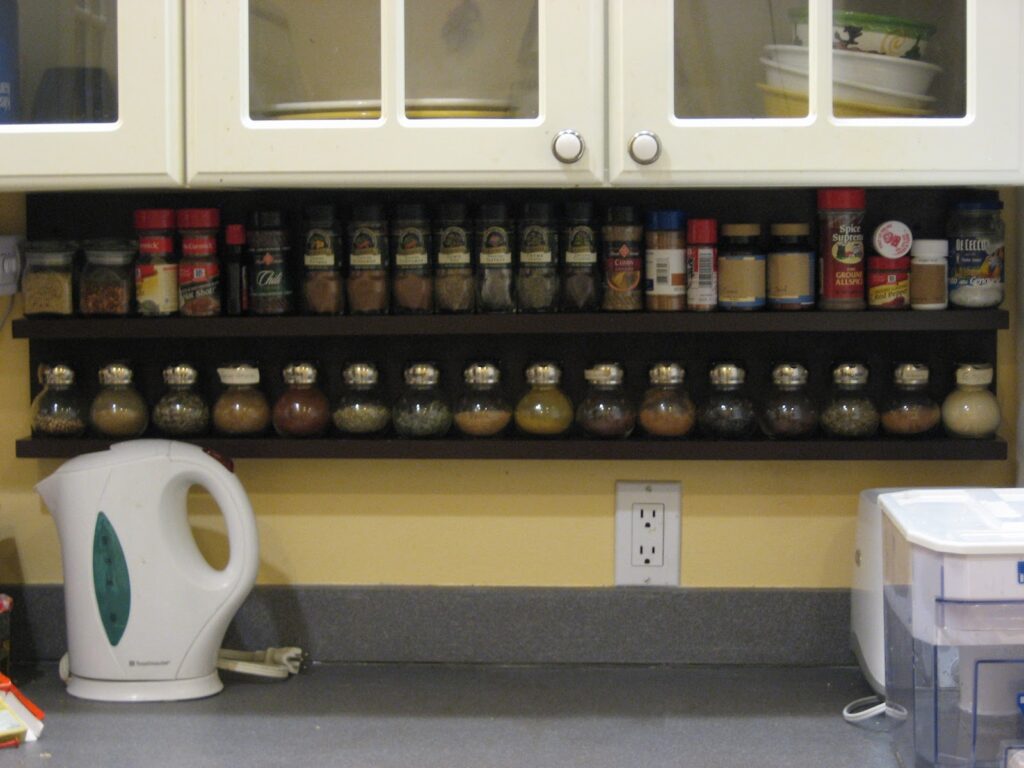
Planning Your DIY Home Design Project
Before diving into paint swatches and furniture arrangements, careful planning is crucial. This ensures a cohesive and satisfying outcome. Here’s a step-by-step approach:
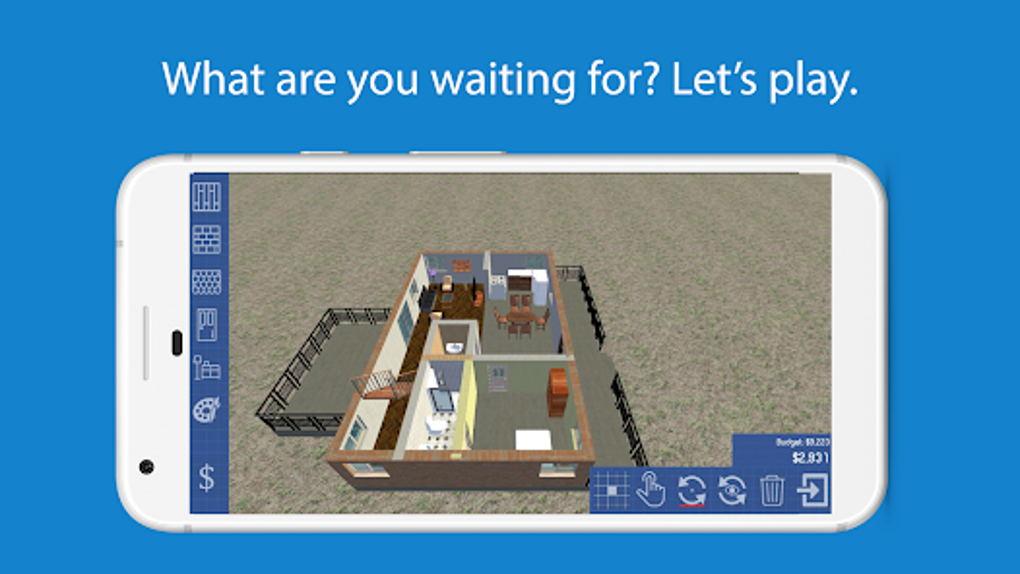
1. Define Your Style and Vision
What kind of atmosphere are you aiming for? Modern minimalist? Rustic charm? Bohemian eclectic? Browse design magazines, Pinterest boards, and Instagram accounts for inspiration. Create a mood board with images, fabrics, and color palettes that resonate with you. This visual representation will guide your decisions throughout the project.

2. Set a Realistic Budget
DIY projects can still incur costs. Factor in materials, tools, and any potential unexpected expenses. Prioritize your must-haves and consider alternatives for less critical elements to stay within your budget. Comparing prices from different retailers can also lead to significant savings.

3. Measure Your Space Accurately
Accurate measurements are essential for purchasing furniture and planning layouts. Use a measuring tape and record dimensions meticulously. Sketch a floor plan to visualize the arrangement of furniture and other elements.

4. Prioritize and Create a Timeline
Don’t try to tackle everything at once. Break down your project into manageable tasks and create a realistic timeline. This prevents feeling overwhelmed and ensures a steady progression.
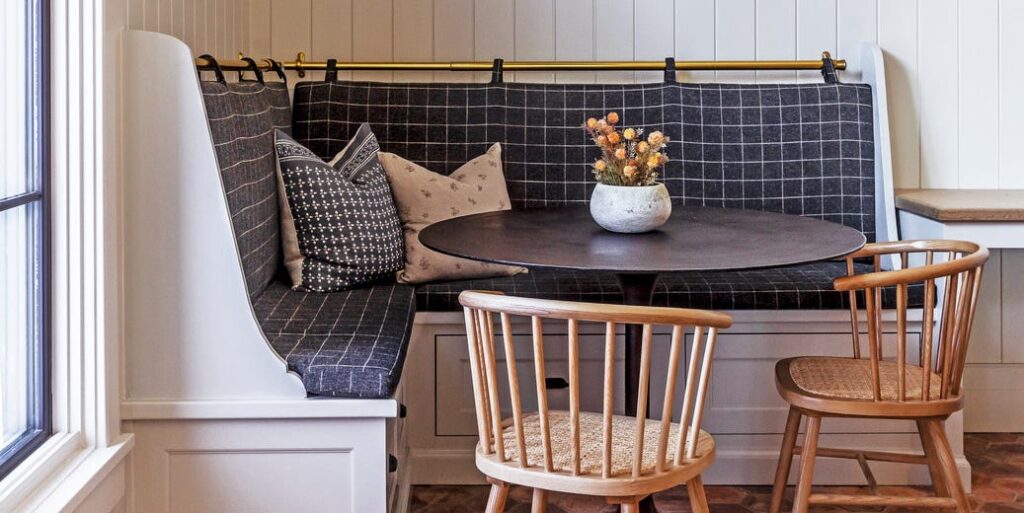
Essential DIY Home Design Techniques
Once you have a plan, it’s time to get your hands dirty! Here are some popular and accessible DIY techniques:
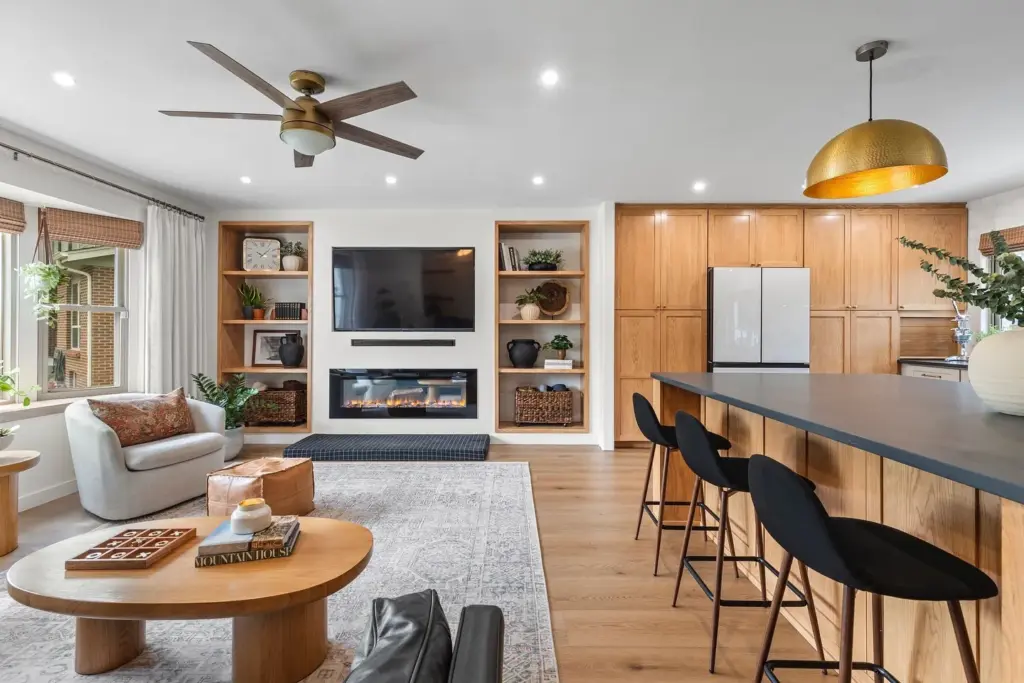
1. Painting Walls and Furniture
A fresh coat of paint can dramatically transform a room. Choose colors that complement your overall style and consider using painter’s tape for clean lines and a professional finish. Remember to prepare the surface properly by cleaning and sanding before applying the paint.
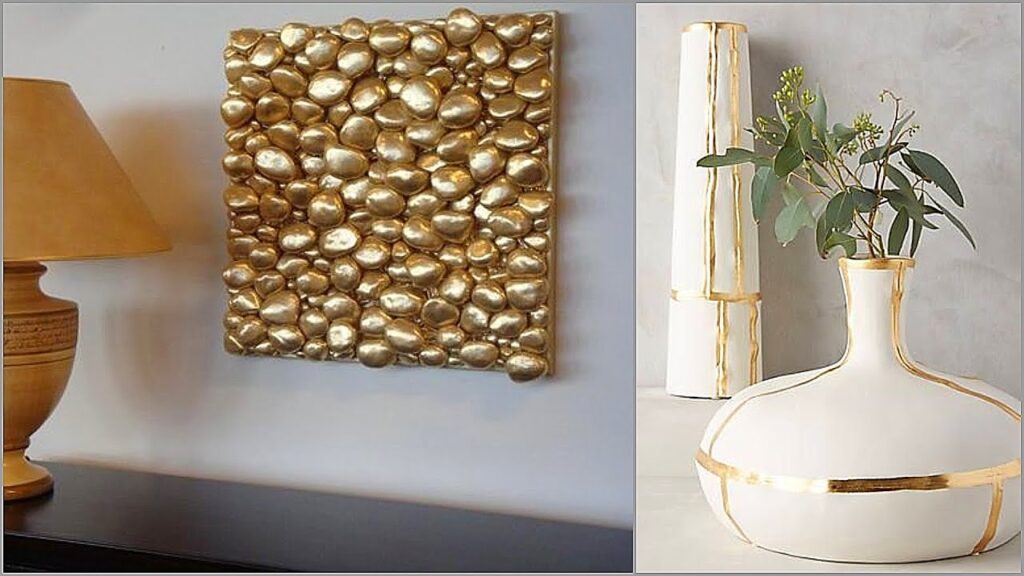
2. Upcycling Furniture
Give old furniture a new lease on life by upcycling it. This can involve sanding, repainting, adding new hardware, or reupholstering. Upcycling is a cost-effective and eco-friendly way to personalize your space.
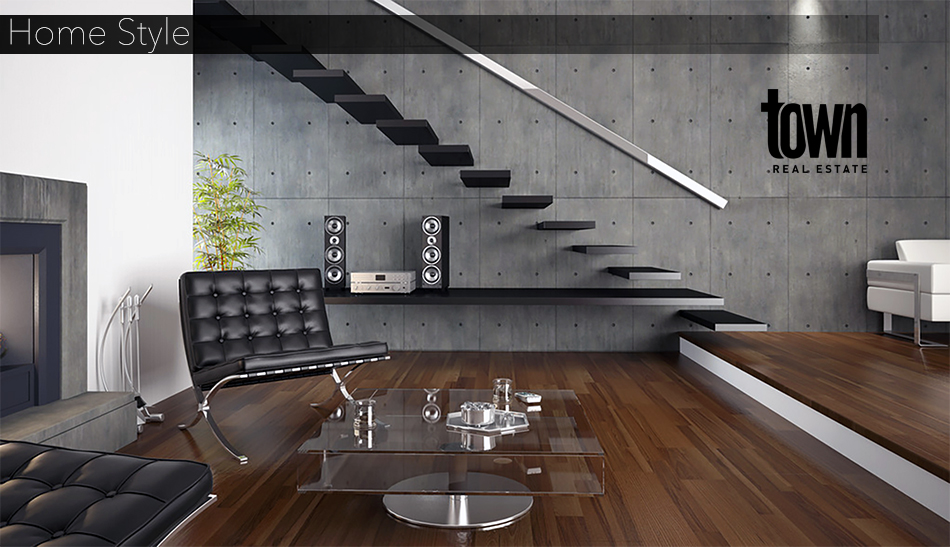
3. DIY Decor Projects
From creating your own artwork to crafting unique decorative items, DIY decor adds a personal touch to your home. Explore simple projects like making throw pillows, creating wall art, or building shelves.
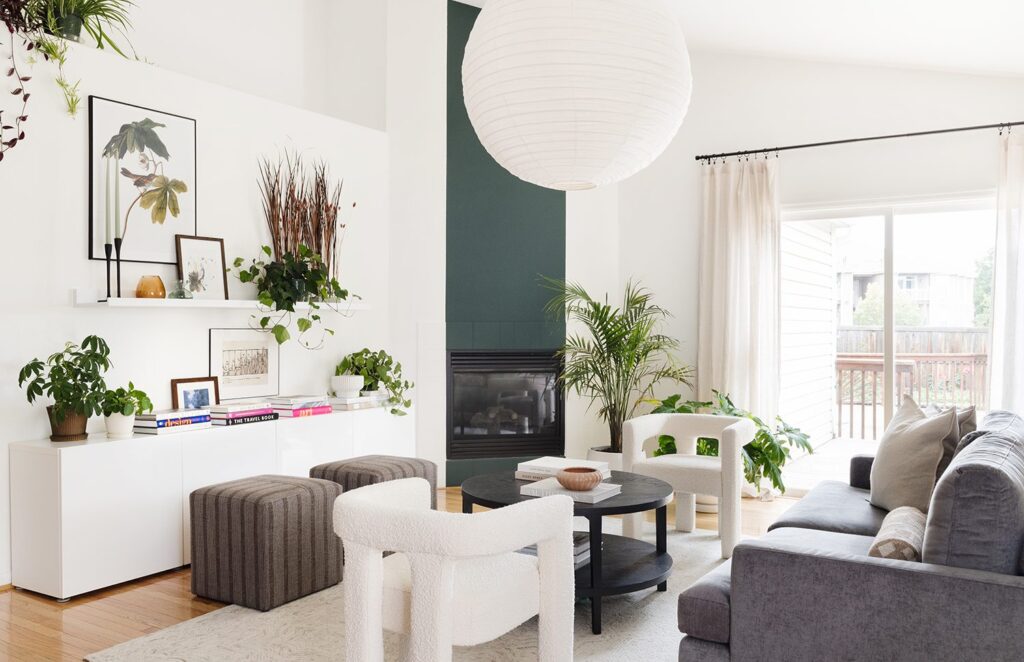
4. Textile Magic: Curtains, Cushions, and Throws
Soft furnishings like curtains, cushions, and throws can instantly elevate the look and feel of a room. Sewing your own curtains or cushions allows for complete customization, allowing you to choose the perfect fabrics and patterns to match your style.
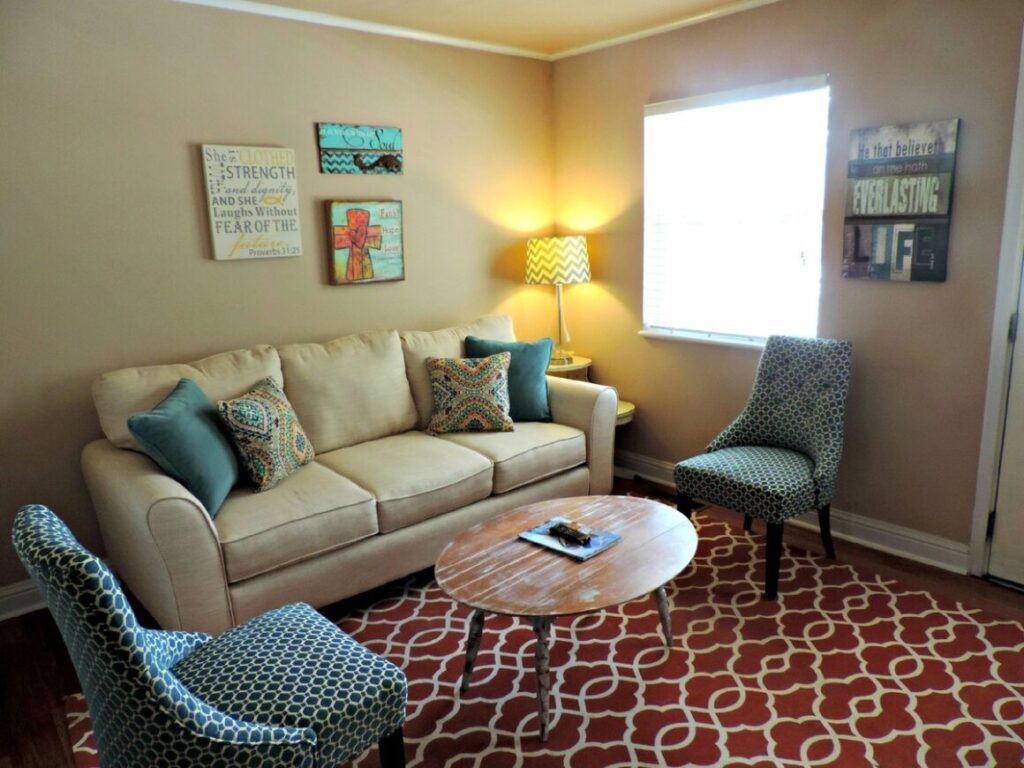
5. Lighting Enhancements
Lighting plays a crucial role in setting the mood of a room. Consider adding statement lighting fixtures, or upcycling existing ones with a new paint job or shade. Experiment with different lighting types – ambient, task, and accent – to create a balanced and inviting atmosphere.
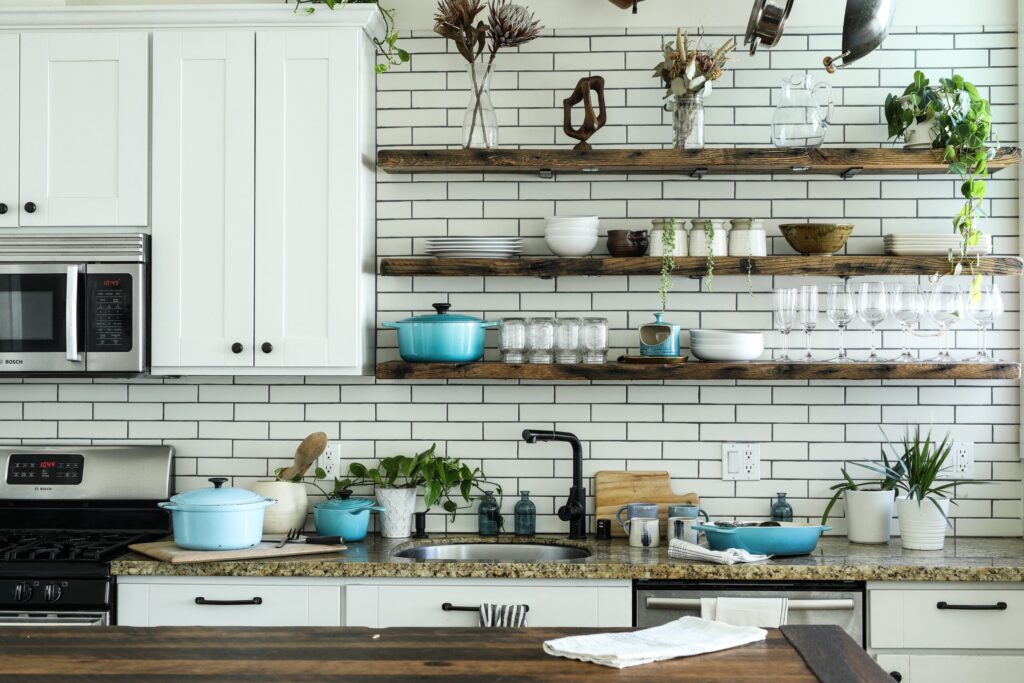
Choosing the Right Materials and Tools
Selecting high-quality materials and appropriate tools is vital for a successful DIY project. Research different types of paint, fabrics, and hardware to ensure you choose the best options for your project. Investing in a few essential tools will make your work easier and more efficient.
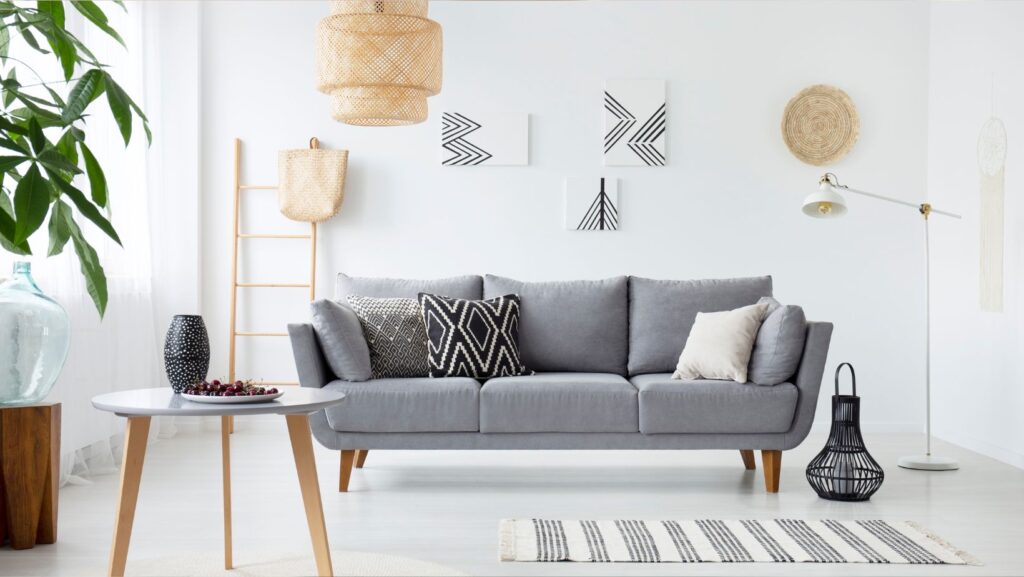
Overcoming Common DIY Challenges
Even the most experienced DIY enthusiasts encounter challenges. Here are some common hurdles and how to overcome them:

1. Measuring Mistakes
Double-check your measurements multiple times to avoid costly errors. Use a tape measure and a level to ensure accuracy.
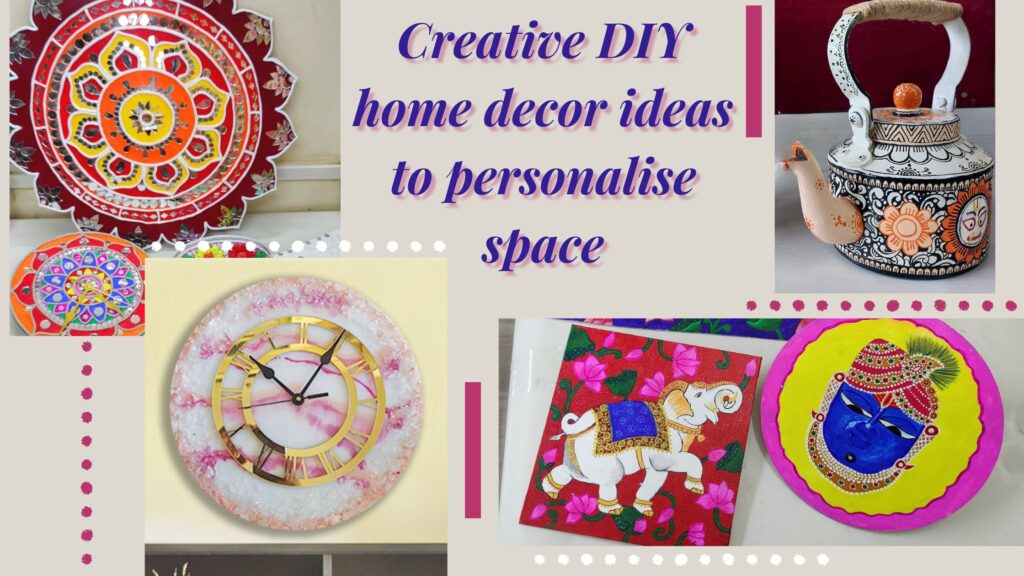
2. Color Mismatches
Order extra paint to account for potential mishaps. Test paint colors on a small, inconspicuous area before committing to the entire wall or piece of furniture.
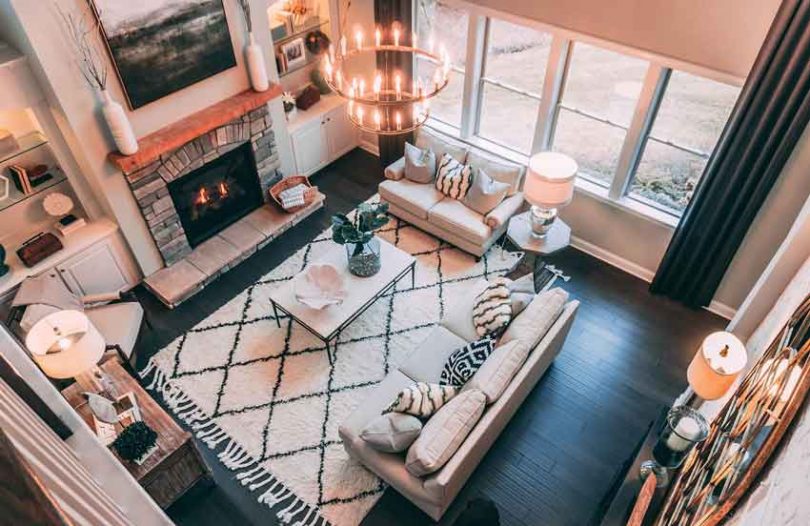
3. Time Constraints
Break down your project into smaller, manageable tasks. Don’t try to rush the process, as this can lead to mistakes and frustration.

4. Lack of Skills
Utilize online resources, tutorials, and workshops to learn new skills. Don’t be afraid to ask for help from friends, family, or experienced DIY enthusiasts.

Maintaining Your DIY Creations
Once your projects are complete, proper maintenance is essential to ensure their longevity. This might involve regular cleaning, touch-ups, or occasional repairs. Proper care will help your DIY creations last for years to come.
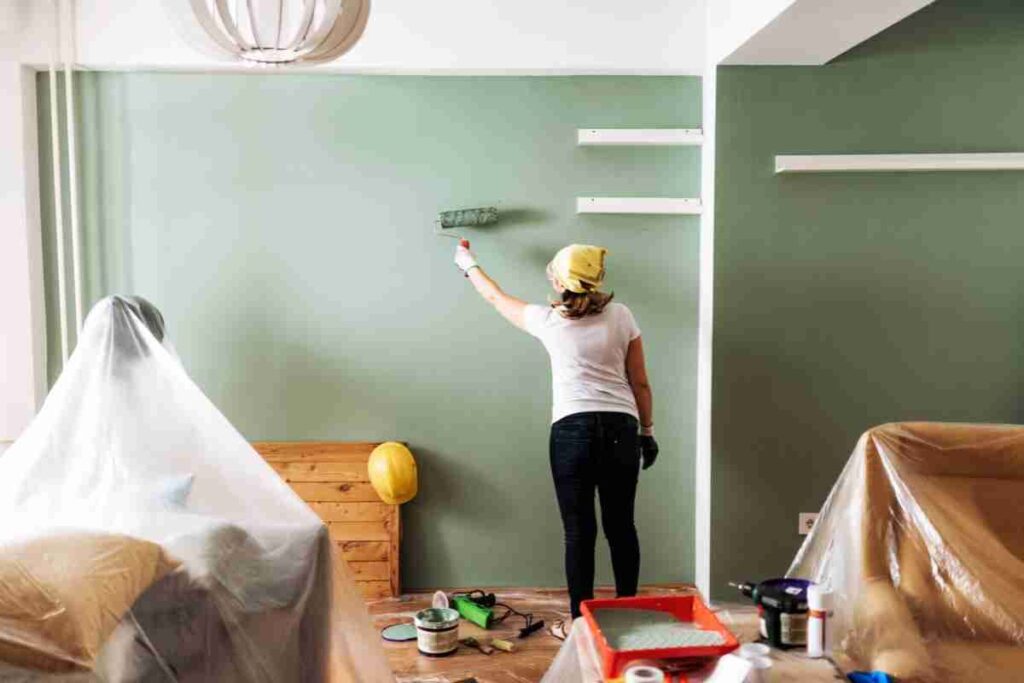
Inspiration and Resources for Your DIY Journey
Numerous online resources can inspire and guide your DIY home design journey. Explore websites like Pinterest, Houzz, and Instagram for endless design ideas. Blogs and YouTube channels offer tutorials and step-by-step instructions for various projects. Don’t hesitate to join online communities where you can connect with other DIY enthusiasts and share your experiences.
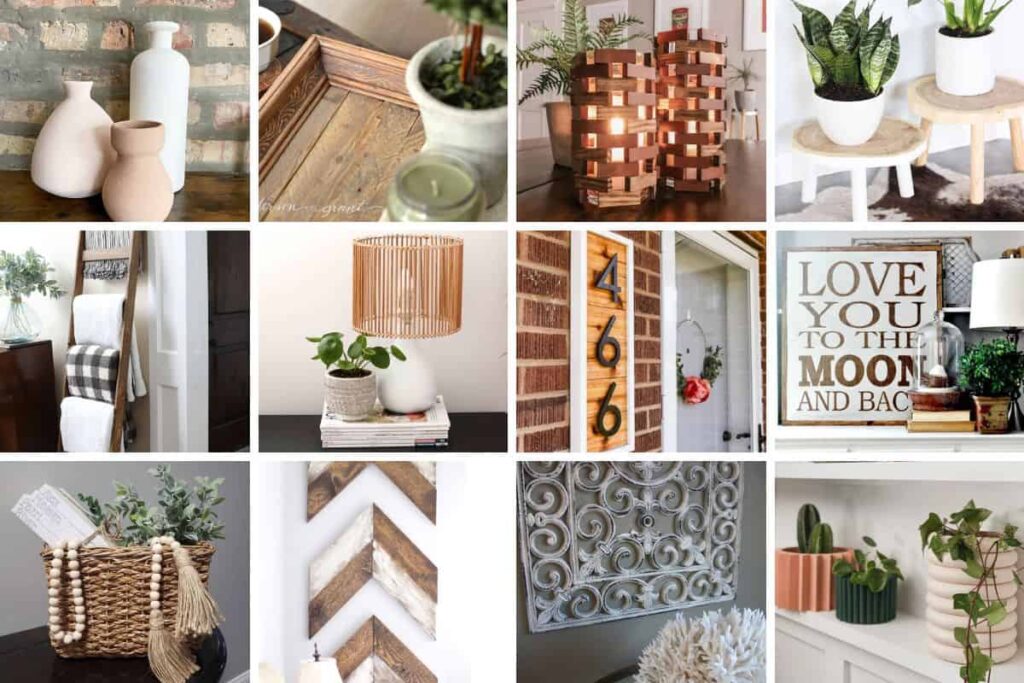
Embarking on a DIY home design project can be a transformative experience. It’s a chance to unleash your creativity, personalize your living space, and enjoy the satisfaction of creating something beautiful with your own hands. With careful planning, the right tools, and a little patience, you can successfully transform your house into a home that truly reflects your unique style.
